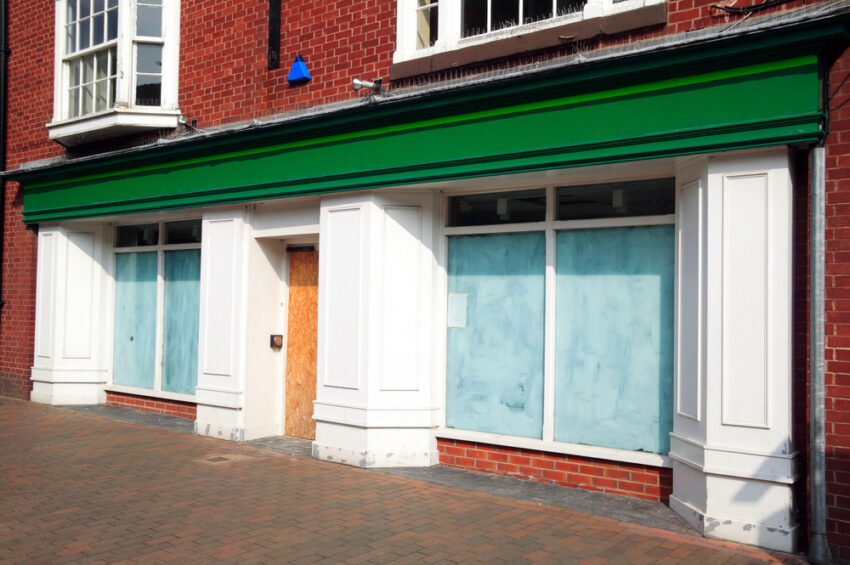Since the onset of the pandemic in 2020, the United Kingdom has witnessed a significant contraction in its small business sector. A staggering half a million small enterprises have vanished, highlighting pressing economic challenges.
This reduction primarily affects self-employed individuals and one-person companies, drawing attention to the need for strategic economic growth and comprehensive business reforms.
A drop of 56,000 to 5.5 million businesses was recorded in 2024, marking a total fall of 500,000 from six million in 2020. This downturn is majorly attributed to the plummeting numbers of self-employed individuals.
Such a contraction highlights how external factors, including delayed government support during the initial lockdowns and changing work dynamics, have impacted individual entrepreneurs.
The diminishing numbers of one-person companies, particularly consultants, further underscore the economic ramifications of ongoing regulatory pressures and tax reforms.
Despite the broader downturn, businesses with employees have demonstrated growth since 2020. Companies employing over 250 people have shown the fastest increase, defying the general trend.
This contrasting development points to a shift in the business landscape, with larger companies capitalising on market opportunities in the face of adversity.
This growth among larger enterprises signals an evolving business environment where size plays a crucial role in resilience against economic fluctuations.
Industry leaders express concerns over the diminishing small business sector. Tina McKenzie, of the Federation of Small Businesses, highlights the need for fostering entrepreneurship.
The British Chambers of Commerce emphasise the importance of upcoming government budgets in addressing crucial issues like business rates and skill deficiencies.
These perspectives reflect broader calls for reforms that could revitalise and sustain the small business landscape in the UK.
From 2010 to 2020, self-employment was a key driver for the UK’s business growth. This period saw an 80% rise in business population due to self-employed ventures.
During this decade, while sole traders grew by 323,000, companies surged by 793,000, shifting business dynamics.
However, the downturn post-2020 indicates a reversal of previous growth patterns, prompting a need to reassess supportive measures for self-employment.
The government acknowledges the hardships faced by the business community and reiterates its commitment to improving conditions for small enterprises.
While recognising these challenges, they emphasise the need for a stable and supportive business environment to foster growth and sustainability.
This dialogue between the government and business leaders indicates a collective effort towards addressing the current economic reality.
With half a million small businesses now nonexistent, the call to action is clear. Policymakers and industry leaders must unite to revitalise this crucial segment of the economy.
A revived entrepreneurial culture could catalyse job creation and community development, offering renewed hope for the nation’s economic future.
The disappearance of 500,000 small businesses marks a critical juncture for the UK’s economy. Strategic reforms and supportive measures are essential to reverse this trend.
By fostering an environment conducive to growth, the UK can aspire to rebuild its entrepreneurial spirit and economic vitality.


